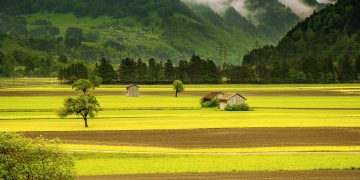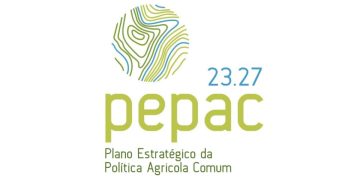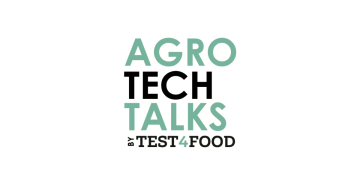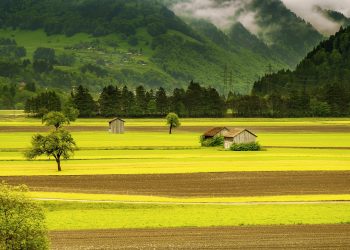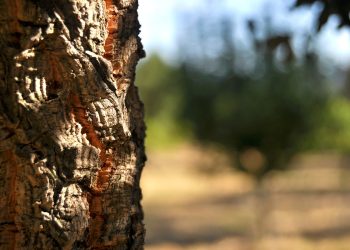The journal GM Crops and Food has begun posting a collection of invited papers on “GM Narratives and Misinformation.”
I am not one of the paper authors, nor did I peer review any of those selected by the journal. Still, I did join Mark Lynas at the outset of this project as an Editor for the collection, suggesting topics and possible contributors.
In my work, I have struggled against repeated waves of misinformation that threaten to drown crop biotechnology. I’m pleased to see a collection of high-quality papers that helps us all better understand what is happening.
Established scientific consensus
The authors in this collection defined misinformation as “information which contradicts a widely established scientific consensus, namely that applications of rDNA science have not introduced any new risks, either to human health or to the environment, which are specific to the technology.”
By 2004, this had become the official view of all of the world’s leading scientific bodies and academies, including the British Medical Association, the Royal Society in London, the French Academy of Sciences and the French Academy of Medicine, the German Academies of Science and Humanities, the OECD in Paris, the World Health Organization, the International Council for Science (ICSU), the United Nations Food and Agriculture Organization (FAO), and the Research Directorate of the European Union, not to mention the National Academies of Science in the United States.
Block approvals without scientific evidence
Unfortunately, this scientific consensus formed too late to dissuade precautionary governments from adopting stifling regulations on crop biotech that continue to block new applications of GMO science to the present day.
By 2004, anti-GMO activists had forced politicians in the European Union to require not just stigmatizing labels on GMOs but also costly case-by-case biosafety reviews that could block approvals without scientific evidence of risk, plus onerous “tracing” requirements for approved GMOs that forced operators in the marketplace to maintain a five-year “audit trail” record of every GMO they handled, who they got it from, and where it went.
These legal requirements in Europe and similar requirements enacted in other countries (especially in Asia and Africa) brought the commercialization of GMO crops—especially staple food crops—nearly to a halt.
Not staple food crops
As of 2019, 84 percent of all GMO crop acres around the world were in just four Western Hemisphere countries: the United States, Brazil, Argentina, and Canada, and 97.2 percent of total acres were planted to just four crops: soybeans, maize, cotton, and canola. These are not staple food crops. Soybeans and yellow maize are used primarily for animal feed, biofuel, or cooking oil; cotton is an industrial crop; and canola is typically crushed for oil or meal.
Interesting mix of analytic methods
Today, staple food crops such as rice, wheat, and potato have scarcely been grown anywhere in genetically engineered form. Narratives about GMOs that depart from the scientific consensus can sometimes reflect a lack of good information. Still, they also can be spread intentionally as disinformation by activists with an anti-science, anti-modern, and often anti-corporate agenda.
The new collection of papers from GM Foods and Crops provides fresh evidence of the frustrating consequences. The authors have employed an interesting mix of analytic methods. One used a commercial web-crawling service to collect and analyze public sentiment toward GMOs across multiple social media and web-based services from 2019-2021.
Overall falsehood rate of nine percent
Negative sentiments were more than twice as prevalent as positive sentiments. Among these negative sentiments, surprisingly, only seven percent expressed fear, while 31 percent expressed “disgust.”
Another paper analyzing mainstream and online news media content over two years found a relatively modest overall “falsehood” rate of just 9 percent but a much higher 20 percent rate in Africa, and none of the false information was positive in sentiment, illustrating a persistent science communication challenge on that Continent.
Stifling regulations put in place in 2004
Another paper analyzed discussions of GMOs on X (formerly Twitter) in 2020-2022 and found four clusters of misinformed tweets suggesting conspiracies around GMOs and vaccines, GMOs and COVID-19, GMOs and Monsanto, and GMOs and Bill Gates.
One of the papers reported a positive development: in Europe, the concern about using GM ingredients in food or drinks decreased from 63 percent in 2005 to 27 percent in 2019. Unfortunately, the lower level of concern might partly reflect the near-total absence of GM ingredients in European foods today due to the stifling regulations put in place in 2004.
Countries with tight regulations
A more important positive finding emerges from another paper, based on data for five years from 2018 to 2022: genome editing enjoys a consistently higher favorability rating than GMOs in social and traditional English-language media. This last finding raises a possibility that genome-edited crops, including food staple crops developed using tools like CRISPR, will be allowed to advance in the years ahead, even if tight regulations continue to hold back transgenic GMO food crops.
Politics of misinformation and disinformation
Since 2022, a number of important countries with tight regulations on GMOs—including China, India, the UK, and Japan—have been giving genome-edited crops a green light. Even Brussels may be getting on board. In July 2023, the EU Commission proposed new legislation to exempt some genome-edited crops from Europe’s stifling GMO directive. European scientists were encouraged.
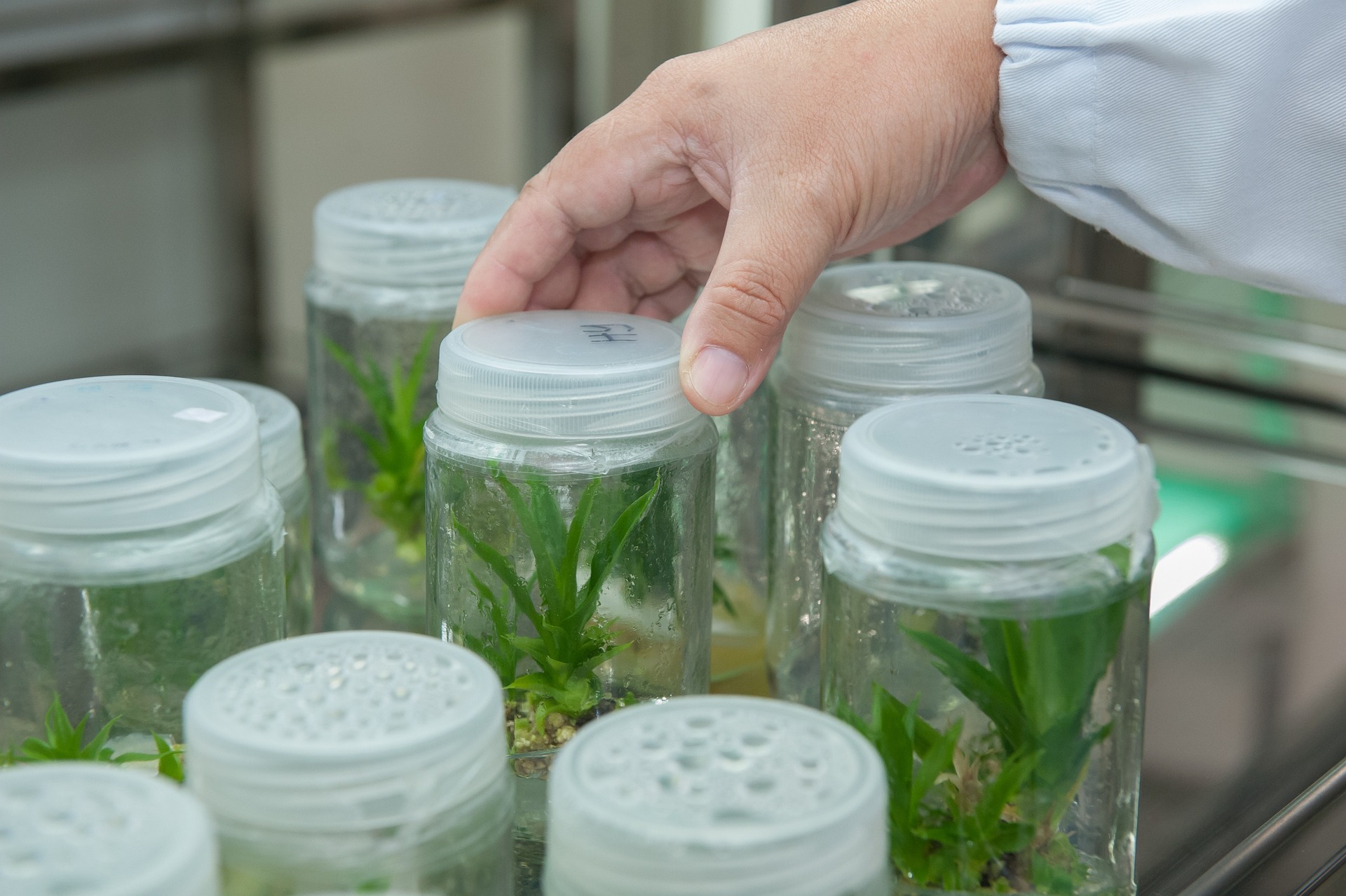

The politics of misinformation and disinformation skews left on GMOs, just as it does for nuclear power. But it skews right for issues like human evolution, vaccines, COVID-19, and climate change, so this isn’t a partisan issue. Yet the issue is profoundly serious. The best tool we have for gaining shared knowledge about our world is the scientific method: the testing of falsifiable propositions through experiments that are transparent, replicable, controlled, and peer-reviewed.
By calling out the misinformed biotechnology narratives that weaken this tool, GMO Crops and Food is helping to protect scientific methods from social harm.
__________________________________________________________________________________________
Robert Paarlberg is an Emeritus Professor of Political Science at Wellesley College, an Associate in the Sustainability Science Program at the Harvard Kennedy School, and an Associate at Harvard’s Weatherhead Center.
O artigo foi publicado originalmente em Cornell Alliance for Science.


